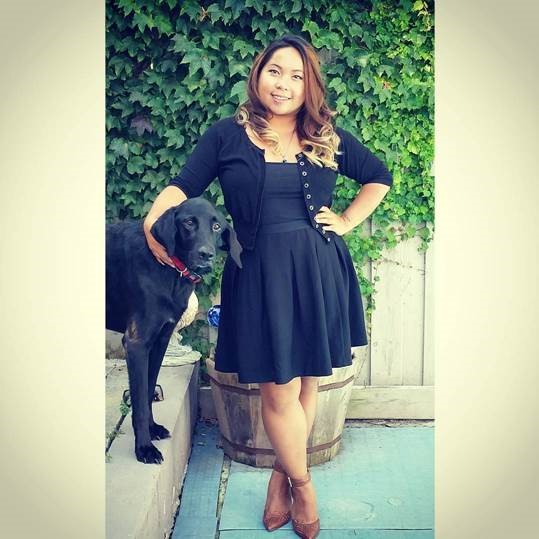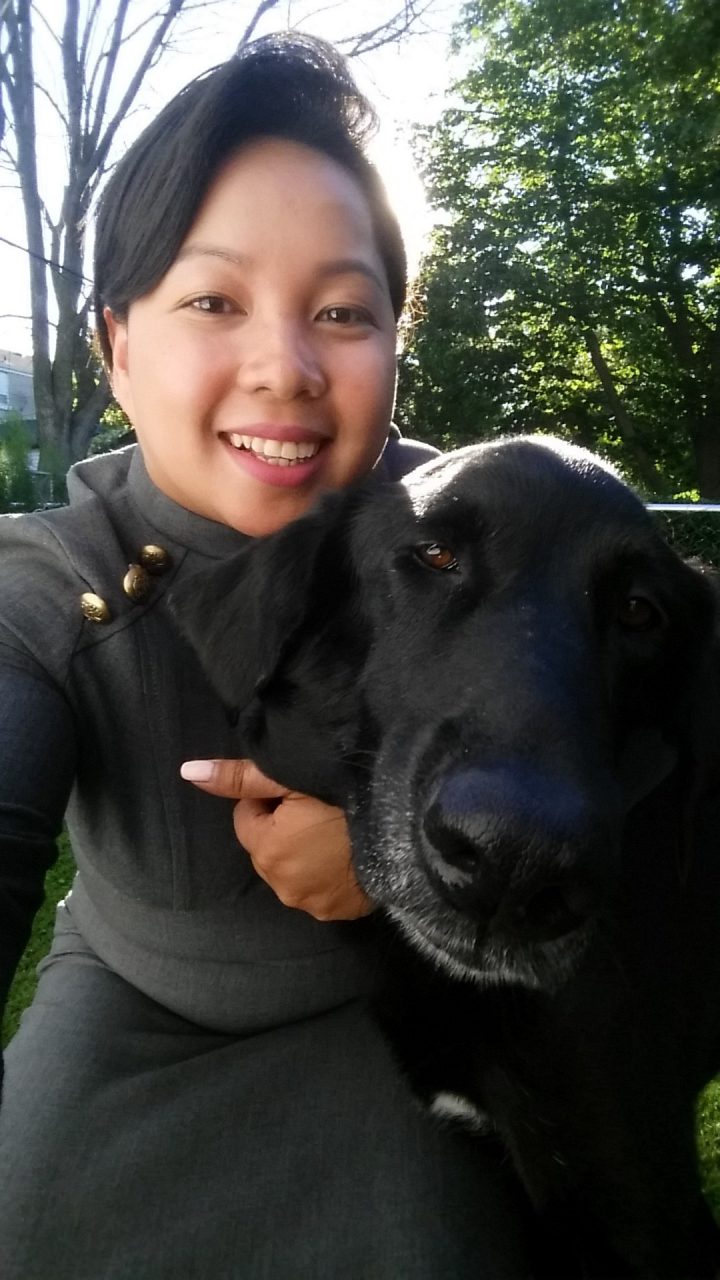Nadia Ali’s first solo vacation was an accident. She had planned to go with a friend, but after some unexpected events, ended up in Las Vegas almost completely alone.

“At first I was very nervous,” the Toronto-based publicist told Global News.
But then things got better.
READ MORE: 6 things every person should do alone in their lifetime
“I went out to dinners alone, I walked into nightclubs by myself completely sober,” she explained. “It was daunting at first, but I eased into each situation pretty quickly. And came out with some great friends out of it.”
Two years after the trip, she still stays in touch with those friends from Vancouver and Britain. And hanging out alone is something Ali says she craves.
“I think I crave that quiet time when I don’t have to talk to people. I think it helps me get centered.”
Spending time alone is relaxing for Ali, and research shows it even has health benefits.
READ MORE: How to be happy — 6 secrets of living a fuller life
According to a study published in the British Journal of Psychology in February 2016, intelligent people are more likely to enjoy time alone. In fact, an active social life could actually leave them less happy and unsatisfied.
Krista Roesler, a life coach and registered psychotherapist in Toronto, explains why spending time alone can benefit mental health.
“Time alone increases creativity, self-awareness, problem-solving, understanding and meeting one’s needs and feelings,” she told Global News. “It’s a time to rest and recuperate the mind and the body.”
WATCH: What’s more valuable: sleep or ‘me time’?

Roesler adds that spending time alone can often help people realize why they’re unhappy — and if a particular person is causing trouble.
“If spending time around someone causes anger and frustration, it is important to take some alone time to explore it so you can understand why,” she said.

Get daily National news
“Alone time is crucial to being able to solve your problems and predicaments.”
But beyond mental health, spending time alone can simply be fun.
That’s something Joy Olayta learned slowly.
Now in her late twenties, the Toronto resident says that some of her friends are less keen to go out, and others have young families.
That left her alone, and she didn’t want to wait around.
“At this age, I just find that I’m OK by myself,” Olayta told Global News, explaining that she regularly goes out by herself to concerts and has also planned vacations alone.
“I’m not as worried, I’m not self-conscious that people are looking at me. I’m just there for myself. It’s not going to stop me from exploring the world.”
And it’s not about having no other choice but to be alone. There’s a difference for Olayta, between being alone and being lonely.
WATCH: How to deal with loneliness, according to an expert

“I think being on your own, you kind of get to unplug from the judgment of others. And everybody needs that time.”
But that hasn’t stopped Olayta’s family and friends from being concerned at her desire to spend time alone. Olayta explains that sometimes they worry for her safety, especially when she’s travelling.
“Some of my friends actually asked if I’m crazy for going by myself,” she laughs.

For those who enjoy spending time alone, fending off judgment, or sympathy from people that think they’re lonely, is another challenge.
“I think there is a stigma that someone doing things alone is lonely and doesn’t have any friends,” Roesler explains.
“The norm in our society is to do and experience things with others.”
But Roesler says those who want to spend time with themselves should own it, and help change the narrative.
“Shift your perspective on doing things alone from something negative to something empowering,” she says.
“Look at it like, ‘me time,’ or just that you are being a badass rebel who is overcoming your fears. Be proud of that.”
READ MORE: 6 things you can do to fight loneliness, and 1 thing you shouldn’t do
Not everyone enjoys solitude, though, and it can even create anxiety for some. A 2013 study by the University of Virginia, titled The challenges of the disengaged mind, found that some people would prefer to give themselves electric shock, rather than spend time alone with their thoughts. One-quarter of the women in the study opted for the shock, while two-thirds of men did the same.
The study’s researcher, Timothy Wilson, spoke to The Atlantic about being surprised at the results.
“We kind of thought, well, we have this huge brain that’s stocked full of pleasant memories and has the ability to generate fantasies, and surely it can’t be that hard to spend a few minutes enjoying yourself with your thoughts,” Wilson said. “And we just kept doing study after study finding that—for many people, anyway—not so much.”
WATCH: This is the worst app for your teen’s mental health

For those scared to spend time alone, Olayta says it’s OK to be a little nervous.
“I think you should always try to do something that’s scary,” she says. “You’re out in public, as long as you use common sense, and it’s something that you want to do — just do it.”
“Life is short and you don’t want to miss out on these things because you’re scared or worried.”
But spending too much time alone is also harmful.
Lesli Musicar, a Toronto-based therapist, says spending time alone can have negative impacts. She explains that humans are social creatures, and they need to interact with others to get a sense of the world and themselves.
WATCH: Feeling down as the holidays approach? You’re not alone
“If we spend too much time alone, it’s very easy to lose your grasp on reality,” she explains, adding that it’s about having a balance between the two.
But how do people know if they need alone time or time with others? Musicar says it’s about listening to their body.
READ MORE: For any Canadian who feels lonely, this project proves you’re not truly alone
“Being in touch with one’s self is the best way, our bodies know best and if we stay tuned to them, they’ll let us know.”
She adds that time spent alone should be quality time — watching TV is alright, but ideally it should be about self-discovery.
“Watching TV and distracting yourself in that way is OK in moderation. I also think that there’s time for interests and hobbies, and creative expression,” the therapist explains.
“You can actually notice what’s going on in your body, in your mind. You can do things that are just for you.”












Comments
Want to discuss? Please read our Commenting Policy first.